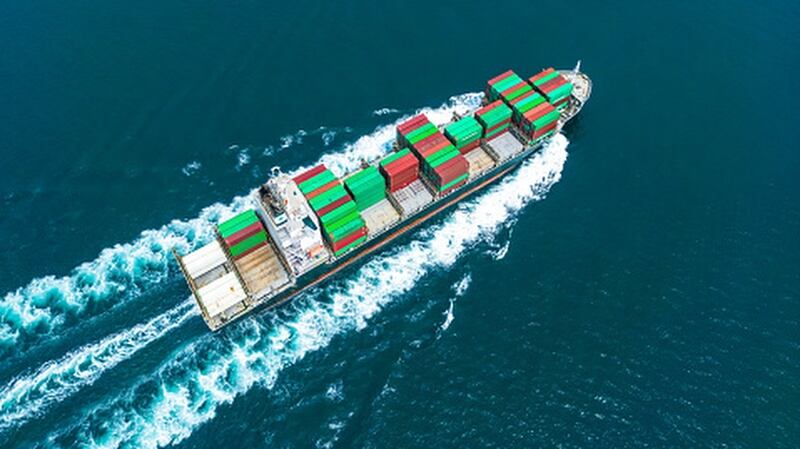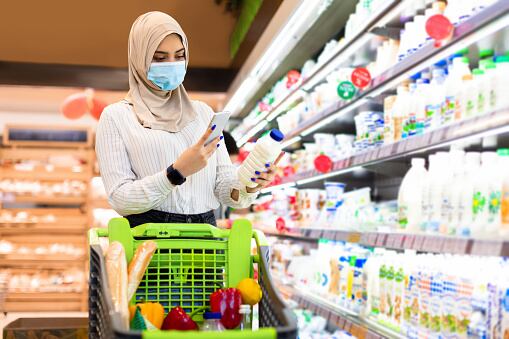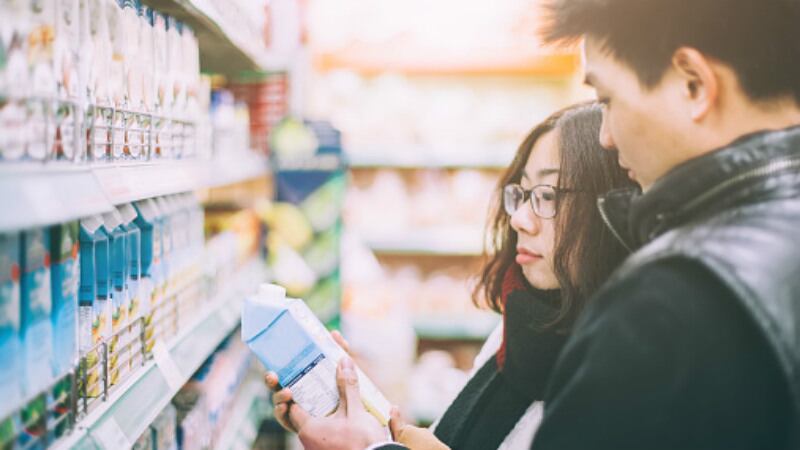The new express system is being overseen by the Thai Food and Drug Administration (FDA).
“This new service will work to swiftly inspect and release imported goods including foods and beverages through Thai checkpoints with the need of nothing more than a single ID card from the person-in-charge,” Thai FDA Secretary-General Dr Paisarn Dankum said during the official launch of the new digital service.
“By presenting this, the system will automatically go through and obtain the permissions from our e-Submission system, and issue authorisation for the imported products to enter.
“There are many benefits expected from this including reducing time spent on administration and at the checkpoints, reducing duplication of work, and reducing the use of paper to preserve the environment.
“Importantly, this will also provide much more convenience and ease to all parties within the logistical supply chain of these products, with all the necessary information made available simultaneously to everyone in need of it at the same time.”
He stressed that this was part of both the national Thailand 4.0 digitalisation strategy as well as plans for Thai FDA’s digital transformation.
“It is crucial for us to implement digitalisation as an organisation in order to increase efficiency, speed and safety – only then will we be able to lead Thailand to an international level,” said Dr Dankum.
“The Thai government has ambitions to establish operational concepts and policies based on Thailand 4.0 throughout our operations, in order to drive the use of electronic technology so as to enhance the way government agencies provide public services.”
At this point, the products for import need to have prior approval via Thai FDA’s e-Submission system before arriving at the checkpoints, and the bearer of the identity card should be the same individual that has obtained said approval.
“The use of ID cards will make the process smoother, but will only be allowed for the person who [was named in the import application] to receive the goods,” said the agency.
“This service will be made available at all food and drug checkpoints in Thailand.”
Asian trade speeding up digitalisation
Thailand is one of the biggest food and beverage trading markets globally – according to data from the Vietnam Investment Review, Thailand was the thirteenth largest food and beverage producer and exporter in the world, and the fourth in Asia, as of 2022, valued at some US$44.7bn.
However, it is also known for longstanding congestion at its various customs checkpoints, often attributed to issues concerning infrastructure, equipment, bureaucracy and manpower – all issues that the government hopes this new system will address.
It is also not the only market that has turned to digital technology to solve its congestion issues – South Korea has also been actively implementing the use of various forms of such technology, including artificial intelligence.
The country’s Ministry of Food and Drug Safety also recently launched a standardised system at its customs checkpoints to remove the need for importers to go through repeated rounds of application and declaration across different checkpoints, increasing efficiencies and speeding up processing for companies importing goods at multiple points across the country.
This is in addition to its policy allowing shorter processing privileges for food and beverage firms that have a good trade history with South Korea.
“If the food product in questions has a history of import declarations of at least five times yearly on average over the last three years, and there has been no history of non-compliance during that time, MFDS will issue advance import sanctions for this item,” said the ministry.
“This import sanction will allow for quicker customs clearance for the product and establish procedures to omit documents and on-site inspections before entering the country.”





